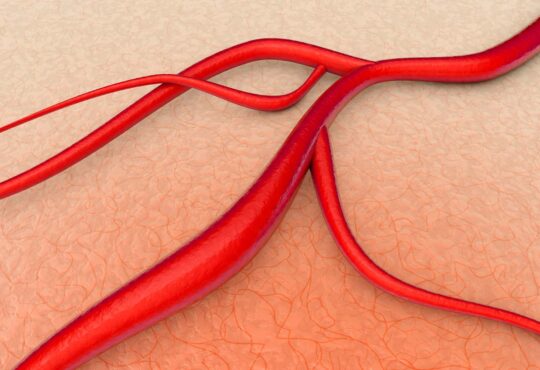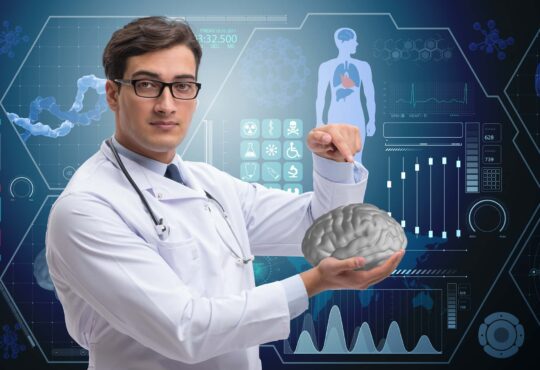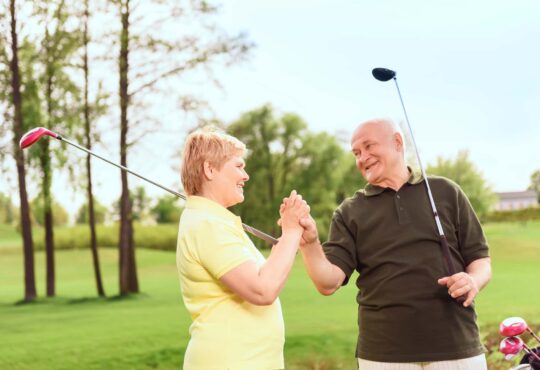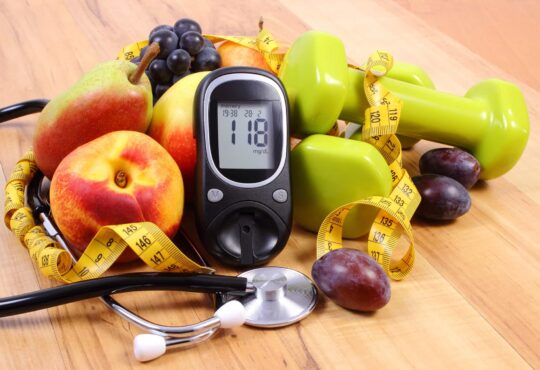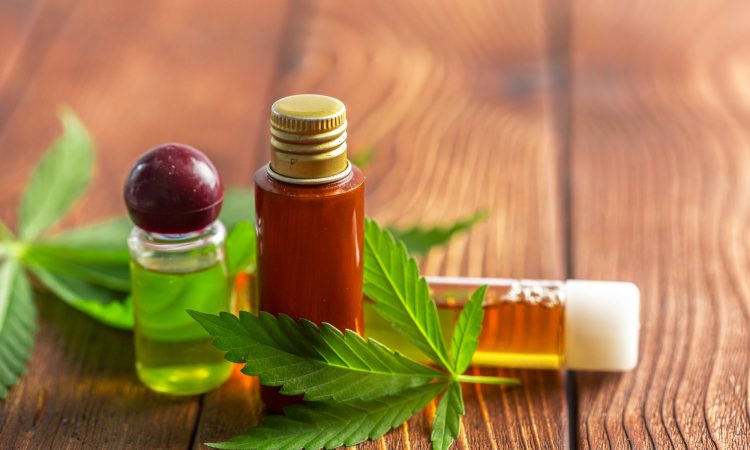
The United States and other countries are undergoing political and medical sea-change when it comes to cannabis.
Not only is it being legalized state by state, but it’s also increasingly recognized as pharmacologically beneficial.
And not all the action is on the state level. In late 2018, the Food and Drug Administration approved a pharmaceutical drug for treating children with a certain type of epilepsy. The drug uses CBD (cannabidiol), part of the cannabis plant.
Early in 2018, the Drug Enforcement Agency had announced the results of a review it made of CBD. According to the DEA, CBD had NO useful medical effects, and so remained a Class I controlled substance.
When the FDA announced their approval of a CBD drug, the DEA had to back down. Therefore. CBD is no longer a Class One drug.
Now products (not drugs) containing CBD are widely available in the United States. (Though not everywhere. I’m not a lawyer. Check your local laws.)
Because CBD does not produce the cannabis “high,” it’s becoming respectable. The health claims make it attractive even to people who have no desire to experience cannabis intoxication.
Cannabis itself has been used for medicinal purposes for an estimated 3,000 years – maybe more. When you go back that far, who really knows?
Inevitably, the hucksters have embraced CBD, and are promoting it as the 21st-century panacea for everything that ails you.
The FDA Recently Issued a Warning Letter to a CBD Company
Essentially, the company made a lot of claims about how CBD could cure and treat cancer, chronic pain, Parkinson’s, depression, Alzheimer’s and so on.
Currently, there are no clinical trials validating CBD or cannabis as a whole as a “cure” or “prevention” of cancer.
Cannabis has been illegal at the federal level since about 1937. After that, the use of cannabis was a completely uncontrolled experiment. Some people defied law enforcement, some didn’t. Many people did so off and on. Many people smoked both tobacco and cannabis.
Smoking cannabis does produce harmful toxins. Although it can be eaten, it is mostly smoked. A side effect is popularly known as “the munchies” encouraged smokers to eat large quantities of unhealthy processed foods late at night.
Also, recreational users of cannabis are consuming both the CBD and the THC, as well as other possibly powerful polyphenols – how can we figure out what component of cannabis does what?
In short, it’s very difficult to organize and sort out the data regarding the health of cannabis users. And how other lifestyle factors interact with cannabis use.
What are the Health Benefits of CBD?
CBD does appear a promising way to deliver many health benefits. Let’s look at some.
(If you’re in a state where cannabis/CBD is legal only for medical purposes, you’ll have to see your doctor.)
CBD does not stimulate your appetite, but THC does. Therefore, if you are suffering from loss of appetite, ingesting cannabis could help you. This is especially true for cancer patients who need to maintain a healthy weight.
Nausea caused by chemotherapy or other medical problems is closely related. CBD does NOT help, but THC does.
Some cannabinoids, such as dronabinol and nabilone, are approved to treat cancer side-effects. Check with your doctor.
CBD affects your CB2 receptors, reducing inflammation and, therefore, lowering pain.
THC affects your CB1 receptors, and this can lower pain caused by nerve damage.
Studies regarding cancer prevention are NOT conclusive. One study found using cannabis did not increase lung cancer in smokers, but that says nothing positive. Besides, a study in Africa found men who smoked both tobacco and cannabis were MORE likely to develop lung cancer than tobacco-only smokers.
One study found more prostate cancer in nonsmokers who consumed cannabis.
Some studies show cannabis fights cancer cells in Petri dishes. That’s great but may not carry over into real life.
Also, CBD may actually weaken your immune system. That’s bad for preventing many kinds of diseases – infections and cancer.
CBD has shown anti-anxiety effects in rats.
CBD Interacts With Many Medicines
That is very bad because the combination can damage your liver.
Check with your doctor if you’re taking:
* Antibiotics
* Muscle relaxers
* Anti-anxiety medications
* Sedatives
* Chemotherapy drugs
* Antidepressants
* Anti-seizure medications
* Blood thinners
CBD as a Sleep Aid
Many people suffer from insomnia, and drink alcohol or take sleeping pills to induce unconsciousness. According to sleep experts, this is dangerous. These substances knock you out, but they block the deep, restorative sleep you need to rest and recover in a healthy way.
CBD and cannabis appear to induce deep sleep while reducing REM (dream) sleep. I’m not so sure reducing REM sleep is a good idea, because we dream for a reason. But CBD does appear to help your body get more into its natural circadian rhythm and sleep cycles.
Caution About What You Put Into Your Body is Always Wise
This applies to food, toxins, supplements, and medications, so why not CBD and cannabis?
In other words, don’t believe everything and anything the “experts” and greedy marketers tell you. CBD is useful for some people in some circumstances, but don’t take it just because it’s the latest fad.
First, check on its legal status where you live. Jail is not a healthy environment, so incarceration is still the biggest “risk factor” for people consuming any form of cannabis outside of Uruguay and Canada (the only two countries that have legalized cannabis).
As with many things in life, there are trade-offs. Cannabis is certainly less dangerous as a recreational drug than heavy alcohol use. As a sleep aid, it’s clearly preferable to alcohol and sleeping pills.
And if you suffer from chronic pain, please try CBD before you go on opioids.
Because the use of CBD does appear to threaten your liver, I can’t encourage you to use it without a strong reason. Just because it’s now available and because some people are making big claims about it, is not enough.
And don’t expect CBD or cannabis to prevent cancer. You need to upgrade your lifestyle, including the food you eat, how much exercise you do and how much sleep you get.
https://thesleepdoctor.com/2018/11/27/thinking-about-using-cannabis-for-sleep-here-are-some-things-to-know/
https://www.ada.org/en/member-center/oral-health-topics/cannabis
https://www.cancer.gov/about-cancer/treatment/cam/hp/cannabis-pdq
https://www.medicalnewstoday.com/articles/324745.php
https://www.fda.gov/inspections-compliance-enforcement-and-criminal-investigations/warning-letters/curaleaf-inc-579289-07222019



